I know many photographers (pros and amateurs alike) who need a special occasion like a vacation, a wedding or a sports event to take their camera out in their free time. When I ask them “why only for big occasions?”, I often get the reply that everyday life is not interesting enough…
This is where photography meets psychology. It is in our nature to not be aware of our daily routine as it appears that it’ll always be there. This translates to it not being important enough for us. The funny thing is that in 10 or 20 years’ time those few ordinary everyday pictures become our treasures. They remind us of a time that is long gone and won’t come back. We get older, cities, houses, cars, etc. change — people pass away…
Think about all the photos that you would have wanted to capture of a certain time, person, event or place. Only now you won’t be able to take anymore because they are gone.
Everyday photos are easy
With our small yet extremely powerful cameras we are lucky today that we can always take a camera with us where ever we go. Don’t take this for granted and make the point to always take a camera with you – and use it!
Here is a little example of how I motivate myself to come home with a few images every day. Even when I don’t see anything spectacularly interesting. I force myself to make a short documentary of five images to describe a certain scene or event. This short documentary should be a visual story that can live without words or further explanations. It can be a story of a whole day or only a 5-minute event.
This is one very basic example of everyday photos I created during a recent stroll with my camera and a 24mm equivalent FOV lens:
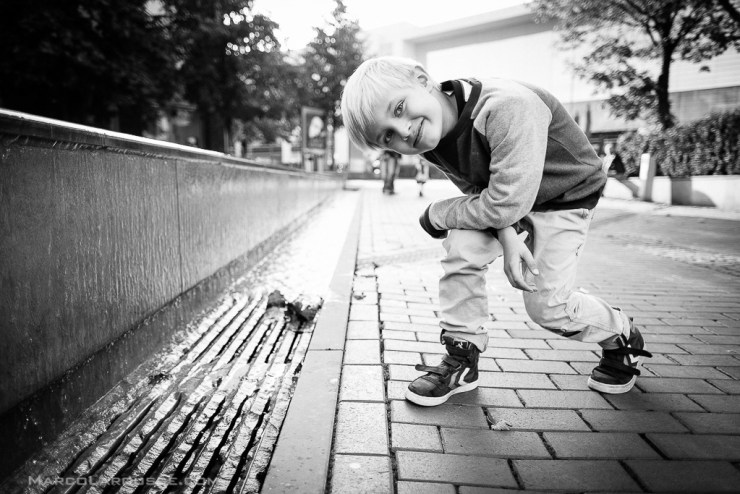
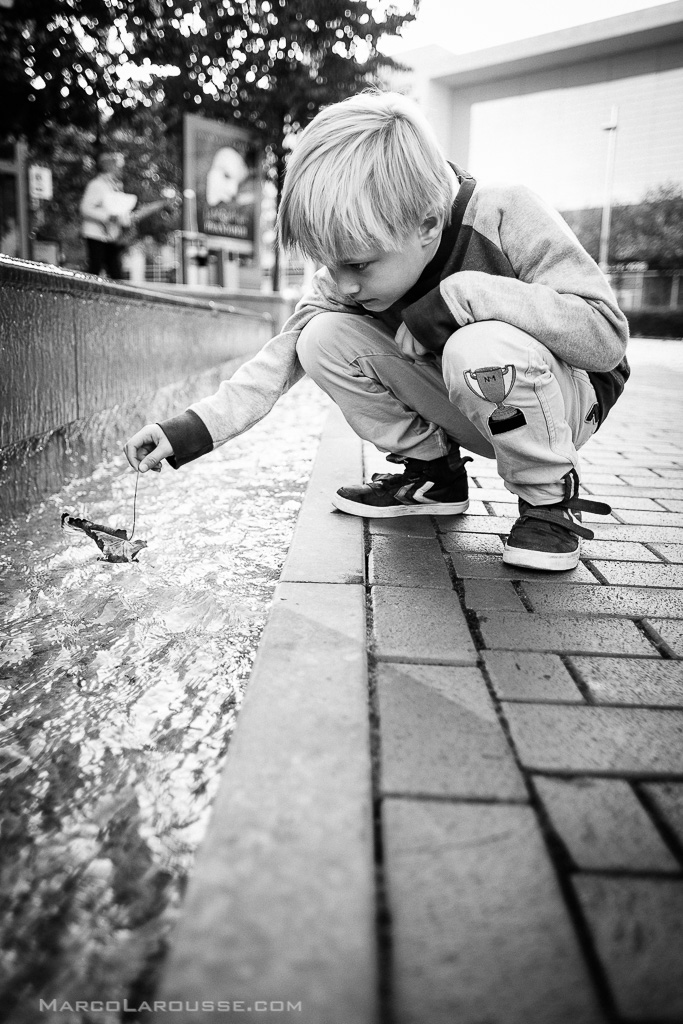
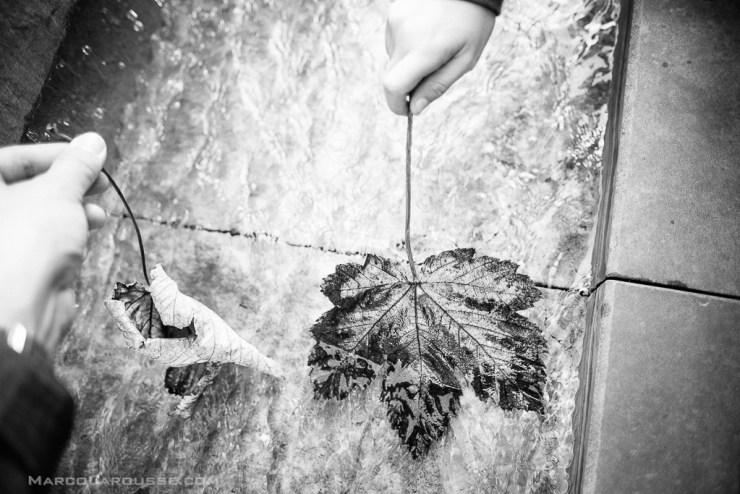
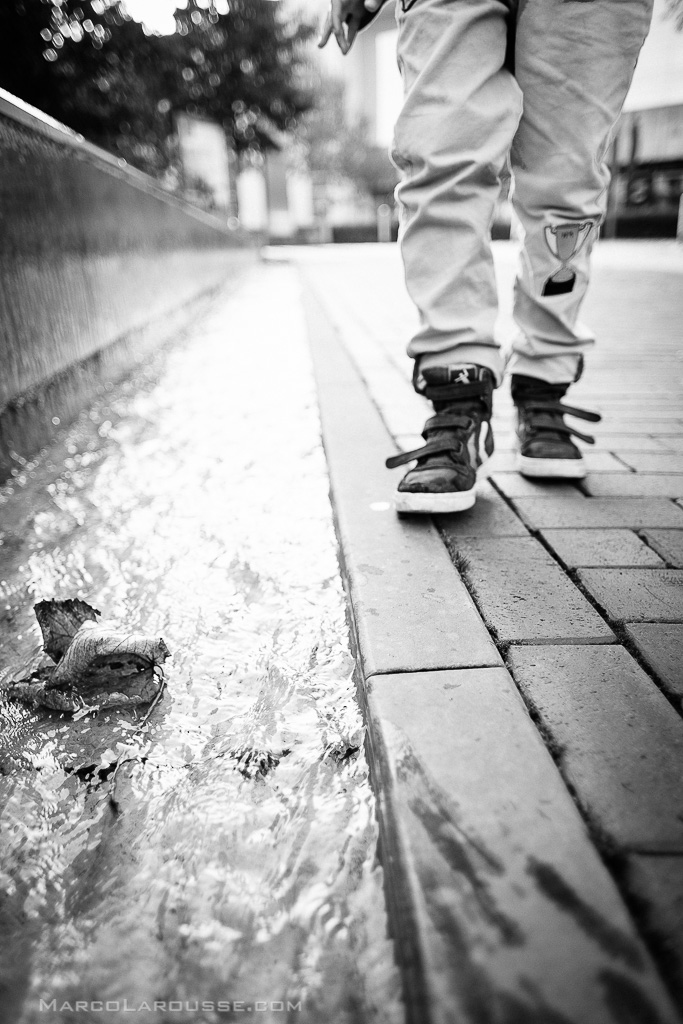
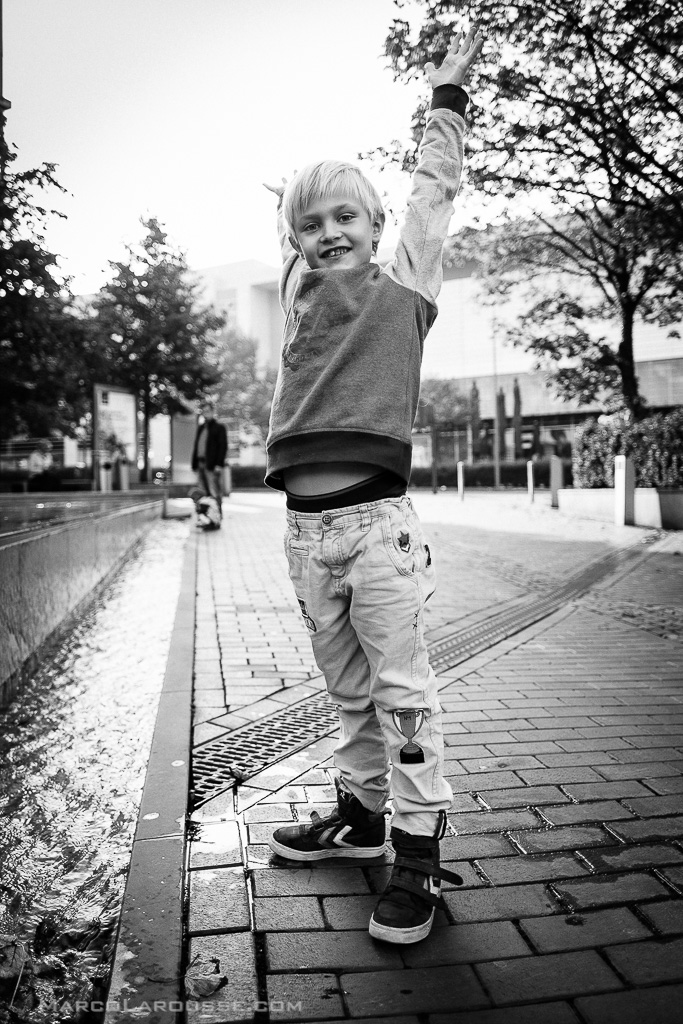
Change your thought process
Start to think of these as little documentaries in your everyday life. You will see that your vision for stories will improve. You’ll find that there are plenty of things to capture that may become meaningful in the future. And remember to add enough info into your documentary photos that even an outsider will gather enough information to understand the story (even without words). Process these documentaries right away at the end of the day to your five images.
And once you get into the habit of regularly doing these short documentaries, you will have enough edited material for a photo book at the end of each year. And you won’t have the headache of having to go back through thousands of unedited images.
Tell your story with the second annual Visual Storytelling Conference!
Experience four days of interactive, online training sessions featuring a range of educational content with experienced photographers and content creators. This free event kicks off with a series of technical boot camps to build essential skills, followed by live, online sessions on photography, video, business and social media. Join live from March 10-13, 2022!
